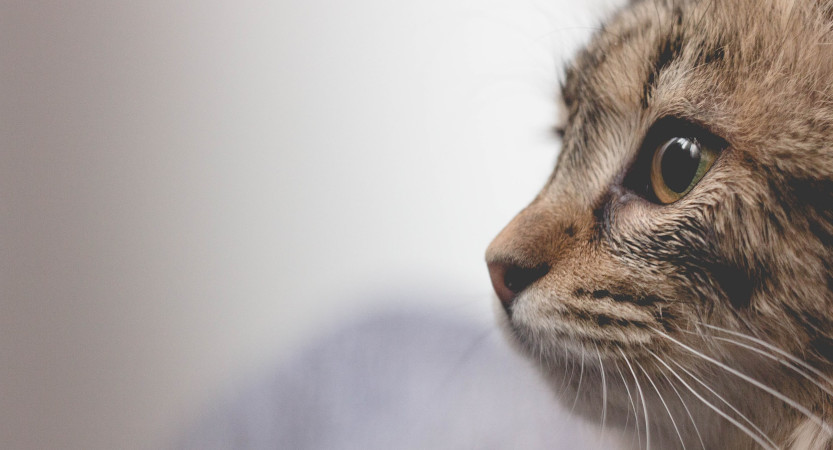The average lifespan of pets—cats in particular—can vary greatly depending on lifestyle. Indoors cats typically have more longevity than outdoor cats, even those that only spend a small percentage of time outside. Either way, owning a pet is a big responsibility for years.
Like us, pets’ needs change when they age. Caring for a senior cat may not be on your mind when you bring home a kitten, but someday you’ll get there. Whether that day is today or far into the future, it’s important to be knowledgeable, prepared, and empathetic. Here are four key features of caring for an aging cat that you’ll want to know and understand.
Administering Medications
Giving your cat daily medications can be quite a chore. Most cats do not want and certainly do not appreciate having pills put in their mouths. But as they age, daily medications become more and more of a reality. You can try putting pills in treats or, if your vet says it is okay, grinding a pill up in tasty wet food. If you have a compounding pharmacy in your area, you can even order medications that have been compounded into liquid with flavors like tuna and chicken.
If you have to administer a pill to an uncooperative cat, be sure to be calm, slow, and patient—with them and yourself.
Daily Health Routines
Keep up with regular health routines to help your cat stay youthful as he ages. A clean litter box will help keep away urinary and intestinal tract diseases. Cats often lose teeth as they age, so wet food or a small kibble diet will be more digestible and help them keep their teeth longer. If you let your cat outdoors or have dogs or other outdoor pets, be sure to check your cat for ticks and fleas and use topical or oral medication to keep those pests away.
Paying for Veterinary Care
As your cat ages, you can expect vet visits to increase from an annual exam to multiple visits a year. Many cat owners feel some financial relief by purchasing pet insurance. Be sure to do your own comparison and take note of key factors like basic coverage, exclusions, limitations, and deductibles. There are also special pet care credit cards and loans that owners can take out to cover costs and make monthly payments on expensive surgeries and treatments.
Symptoms to Watch Out For
As cats age, they tend to sleep more and hide any signs of pain or illness. First, look for unusual or sudden changes in behavior. If your cat who never used to hide now won’t come out from under the bed, something is wrong.
Also, pay attention to changes in appetite and weight fluctuations. These can be signs of thyroid diseases, which are common in older pets. Finally, examine the contents of their litter box. Look for changes in the appearance of their stool, as well as changes in their behavior. Do they miss the litter box more often? Do they seem to strain during bowel movements? These are all crucial health clues.
An important aspect of owning an aging pet is your emotional well-being. Cats are some of mankind’s closest and oldest companions. You have a strong bond, and as their care routine grows more intricate, you will feel the emotional tug and pull. Take plenty of time for cuddles and snuggles, and remember to do ongoing research on how to care for physical and mental aches and pains. Cats Breed has articles, resources, and support for all stages of your cat’s life, so you can give them the best life well into their twilight years. Visit the Cats Breed blog regularly.



